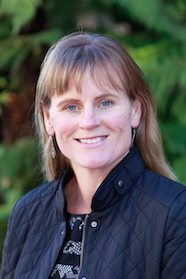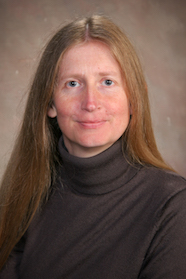Wednesday 19 June 2019 9:54am
Professor Rachael Taylor, Director of the Edgar Diabetes and Obesity Research Centre, and Deputy HOD Medicine, has been awarded significant funding from the Health Research Council (HRC) for her studies investigating infant sleep and nutrition.
The First Foods NZ study, in collaboration with researchers at Massey University and Victoria University of Wellington, will determine the impact of baby food pouches on baby's diets and health. Despite their widespread use, there are virtually no published data on their impact for infant health and nutrition.
Co-principal investigator Associate Professor Anne-Louise Heath, from the Department of Human Nutrition, is keeping an open mind about the potential outcomes:
“If you're only giving your baby a pouch every now and again it will probably make no difference to your baby's health, whereas if it's a regular thing it may have risks – or it may have benefits, such as upping your baby's fruit and vegetable intake. We have to keep an open mind with our research as we don't know which way it will go.”
The First Foods study will also include a focus on baby-led weaning as an alternative method for introducing solids to infants. This builds on the recent EDOR and Department of Human Nutrition BLISS study and will investigate iron deficiency, growth, choking and dental health in an observational study of 625 Dunedin and Auckland infants. The results will enable the Ministry of Health, health professionals, and Plunket to advise NZ parents on how to introduce solids safely.
The POI trial demonstrated that children who received a brief sleep intervention in infancy had only half the risk of obesity at 2 years of age as children who did not receive the sleep intervention. More importantly, these benefits remained at 5 years of age, even though no intervention had occurred for at least 3 years. A second HRC-funded project awarded to Professor Taylor will determine the long-term sustainability of this brief sleep intervention now that the children are 8-9 years of age.


